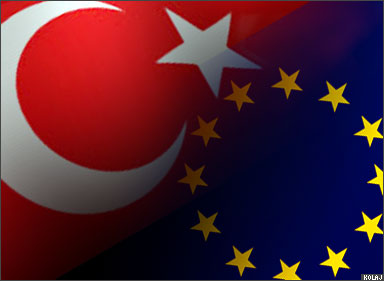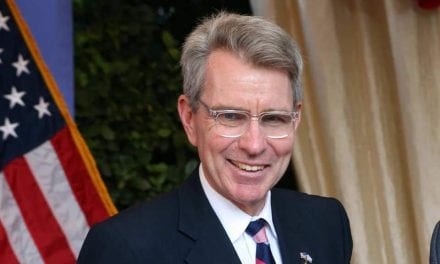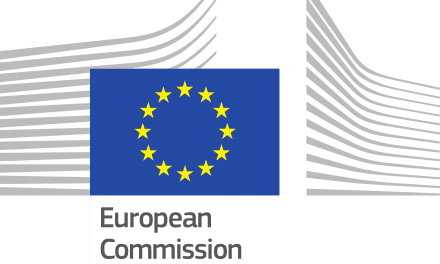The Commission sets out the next operational steps in EU-Turkey cooperation and publishes a report on relocation and resettlement. It also outlines measures how the challenges of the EU steel sector can be addressed.
Ahead of the European Council and the meeting of EU leaders with the Turkish Prime Minister later this week, the Commission set out its contribution.
Six principles of EU-Turkey cooperation on refugee crisis
The Commission adopted a Communication on how to take forward EU-Turkey cooperation on the refugee crisis. The text outlines the legal, operational and financial details of how the plan which EU leaders and Turkey agreed in principle on 7 March could be feasible.
First Vice-President Frans Timmermans said: “The proposals discussed between EU and Turkey leaders to return all new irregular migrants arriving in Greece from Turkey, as a temporary and extraordinary measure taking effect as soon as possible, together with resettling Syrians from Turkey to the EU, can break the smugglers’ business model once and for all. But this will and can only take place in accordance with the international and EU legal framework. This means that the case of each person requesting international protection needs to be assessed individually, with a right to appeal, and with the guarantee that there will be no ‘refoulement’.” This effectively rules out any ‘blanket’ return policy, which would violate the fundamental rights of asylum-seekers.
Regarding the one-for-one resettlement scheme, the Communication explains how Member States should make a sufficient number of resettlement places available. 18,000 places still remain available under the current EU resettlement agreed in July 2015. In addition, if needed, the use of the unallocated 54,000 places under existing relocation decisions should be considered.
Regarding the acceleration of Turkey’s roadmap towards visa liberalisation, Turkey must still meet the required 72 benchmarks (35 are already complete) in good time. Provided Turkey meets its remaining commitments, the Commission will make a legislative proposal to lift the visa requirements for Turkish citizens at the end of April 2016.
The Communication also clarifies the disbursement of EU funds under the Turkey Refugee Facility, the opening of new chapters in Turkey’s accession negotiations, and new efforts to improve the humanitarian situation in Syria.
Progress report on relocation and resettlement
The Commission also reported on the implementation of the temporary emergency relocation schemes and the European resettlement scheme, which were both agreed last year. The report proposes how to improve the functioning of both schemes. Commissioner for Migration, Dimitris Avramopoulos, said, “EU Member States have made a legal commitment to relocate 160,000 people in clear need of international protection – a commitment they have reaffirmed on several occasions. With the humanitarian situation in Greece getting more acute every day, Member States urgently need to deliver on their commitments and prevent a further deterioration of the situation for refugees in Greece. We need to see a substantial increase in relocations in the coming days and weeks. Member States also need to provide alternative safe and legal routes to Europe for people in need of international protection and to show solidarity with third countries affected by the refugee crisis through a significant increase in EU resettlement efforts.”
The future of the European Common Asylum System
The College of Commissioners also discussed what longer term measures need to be taken, notably as regards improvements to the current system for deciding which Member State is responsible for dealing with an asylum claim (the Dublin System). Following today’s Orientation Debate, the College will set out its strategic vision of possible reform options on 6 April.
Addressing the challenges of the EU steel sector
Finally, the Commission has presented today a Communication setting out how the short-term and long-term challenges of the EU steel sector can be addressed with the support of Member States and the EU institutions. A joint effort is needed to overcome serious challenges fuelled by global overcapacity, a dramatic increase of exports and an unprecedented wave of unfair trading practices. High energy costs and changing market conditions require energy-intensive industries to adapt and innovate to ensure their long-term competitiveness and sustainability. The Communication indicates the Commission’s readiness to propose further legislative action quickly to speed up the overall procedure for trade defence measures and invites stakeholders to provide input on whether and how the EU should change the treatment of China in anti-dumping investigations after December 2016. To guarantee the long-term competitiveness and sustainability of energy-intensive industries like steel, the Commission stands ready to give targeted advice to industry and Member States to make sure that state aid and EU funding possibilities are fully exploited.



















